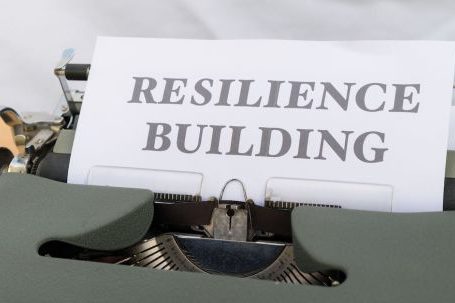Conflict is an inevitable part of life, especially when it comes to relationships. Whether it’s a disagreement with a family member, a heated discussion with a partner, or a clash with a colleague, conflict can cause stress and strain on our relationships. However, by mastering conflict resolution skills, we can navigate these challenging situations with ease and foster healthier and more fulfilling connections with others.
Understanding the Nature of Conflict
Before delving into conflict resolution, it’s important to understand the nature of conflict itself. Conflict arises when there are differing opinions, needs, or values between individuals. It can manifest in various forms, ranging from minor disagreements to full-blown arguments. Recognizing that conflict is a natural and normal occurrence helps us approach it with a more open mindset.
Effective Communication: The Key to Resolution
One of the most crucial skills in conflict resolution is effective communication. Communication forms the foundation of all our interactions, and it plays a vital role in resolving conflicts. By practicing active listening, we can truly understand the other person’s perspective and validate their feelings. This allows for a more empathetic and constructive conversation, where both parties feel heard and respected.
Finding Common Ground
Finding common ground is essential in resolving conflicts. Instead of focusing solely on differences, it’s important to identify shared interests or goals. By shifting the focus to these commonalities, we create a more cooperative and collaborative environment. This enables us to explore potential solutions that meet the needs of all parties involved.
Managing Emotions
Emotions often run high during conflicts, making it challenging to find resolution. It’s crucial to manage our own emotions and approach the situation with a calm and composed demeanor. Taking a step back, practicing deep breathing, and allowing ourselves time to process our emotions can help us respond more effectively rather than reacting impulsively. Additionally, acknowledging the emotions of the other person and showing empathy can foster a more productive dialogue.
Seeking Win-Win Solutions
In conflict resolution, the goal should not be to win at the expense of the other person. Instead, aim for win-win solutions that satisfy the needs of both parties. This requires a willingness to compromise and consider alternative perspectives. By focusing on collaboration rather than competition, we create an atmosphere of mutual respect and understanding.
Maintaining Respectful Boundaries
Resolving conflicts does not mean disregarding personal boundaries or tolerating disrespectful behavior. It’s important to establish and maintain respectful boundaries in any relationship. Communicate your boundaries clearly and assertively, and expect others to do the same. By upholding these boundaries, conflicts can be resolved in a manner that preserves the dignity and well-being of all involved.
The Benefits of Conflict Resolution
Mastering conflict resolution skills can have numerous positive effects on our relationships. It fosters trust, strengthens communication, and deepens our understanding of others. By resolving conflicts effectively, we can prevent the accumulation of unresolved issues that can erode relationships over time. Moreover, conflict resolution promotes personal growth and self-awareness, as we learn to navigate challenging situations with grace and empathy.
Conclusion: Nurturing Stronger Connections
In conclusion, conflict resolution is an essential skill for building and maintaining healthy relationships. By understanding the nature of conflict, practicing effective communication, finding common ground, managing emotions, seeking win-win solutions, and maintaining respectful boundaries, we can master the art of resolving conflicts. As a result, we nurture stronger connections with others, fostering a harmonious and fulfilling life. So let us embrace conflict as an opportunity for growth and strive to become adept in resolving it.





